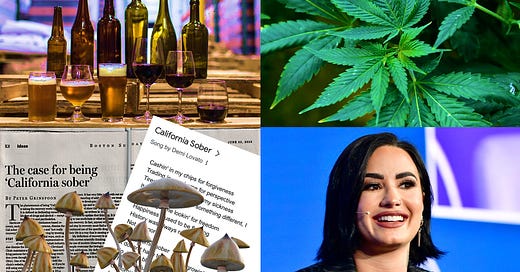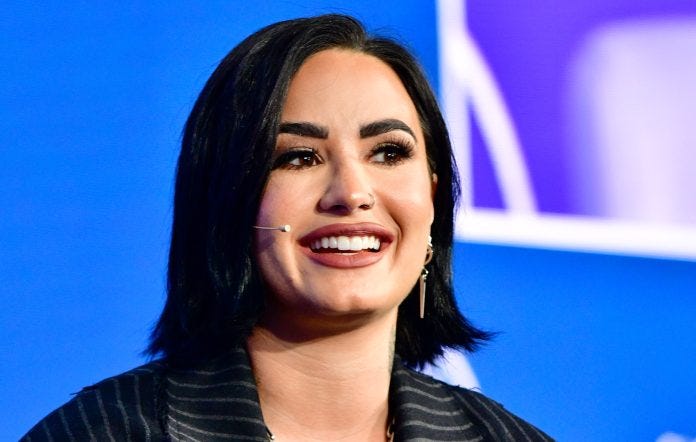• Over the last few years, “California sober” has emerged as a popular term referring to the moderate use of cannabis and/or alcohol and/or mushrooms while avoiding the use of opioids
• “Cali sober” has been embraced by pop stars and clinical scientists
• But does it really help our collective conversation around drugs? I argue that it does more harm than good, by spinning old biases (ie those against opioids and habitual drug use) as something new and trendy
Over the last couple of years, the term “California sober” [or “Cali sober” for short] has become a relatively popular way to describe a certain approach to drug use. But precisely what it means depends on who you ask.
Pop star Demi Lovato used the term as the title of a song in 2021, later explaining in a documentary that “California sober,” for them, referred to the moderate use of alcohol and cannabis. Lovato survived an overdose in 2018 that occurred due to a combination of alcohol and an illicitly-sourced opioid (presumably fentanyl). The experience prompted them to quit using opioids and embrace the “Cali sober” lifestyle. (More recently, Lovato insisted, “I no longer support my ‘California sober’ ways,” on an Instagram post.)





